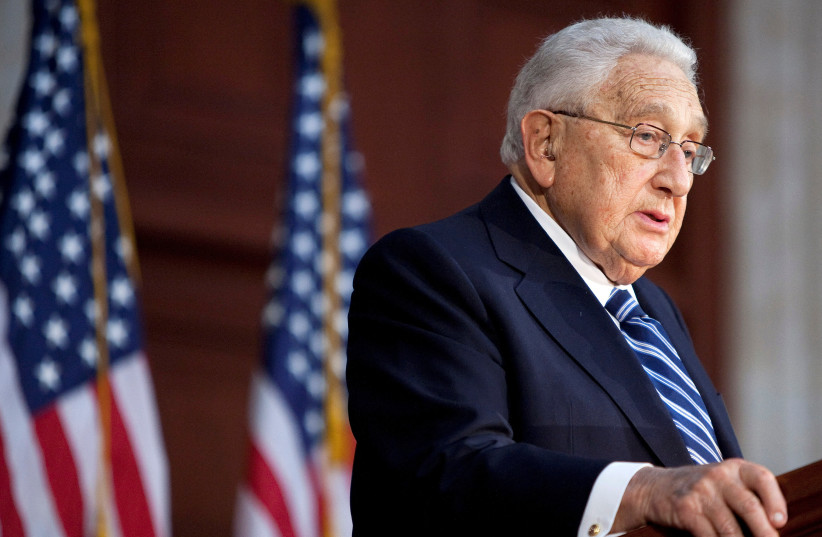JERUSALEM ATTACK
Four people were killed and five wounded in a terrorist shooting attack claimed by Hamas at the entrance to Jerusalem on November 30. The murder victims were named as Livia Dickman, 24, who was pregnant with her first child; Ashdod rabbinical judge Elimelech Wasserman, 73; Hanna Ifergan, 67, a Beit Shemesh school principal; and Yuval Kestelman, 38, who, after shooting the two gunmen, was killed by an IDF reservist who reportedly mistook him for a terrorist. The IDF reservist was late arrested by police. The gunmen were identified as Murad Nimr and his brother Ibrahim Nimr, residents of east Jerusalem who had both served jail time for terrorist activities.

